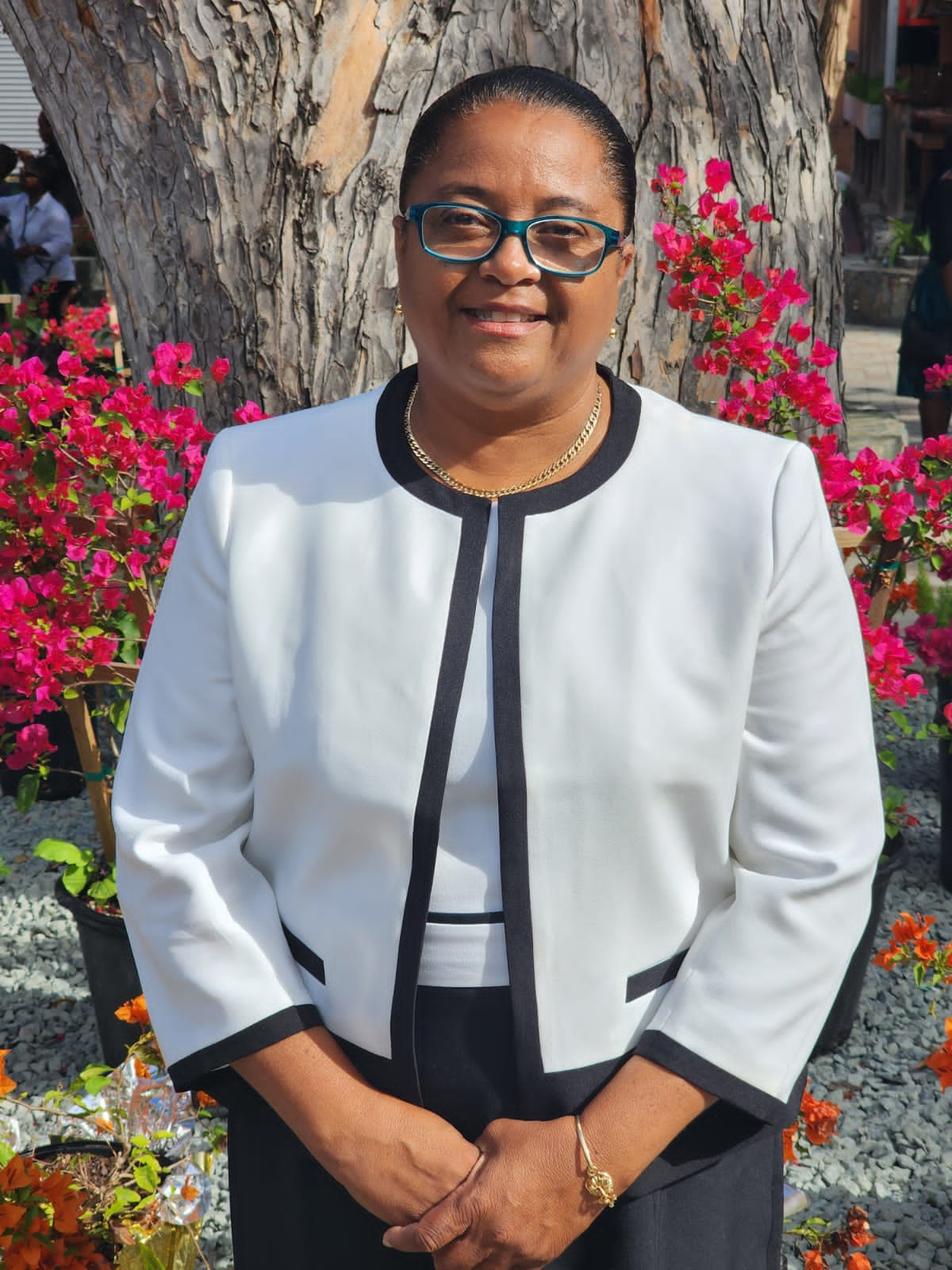
In the past five years, the U.S. government has flooded the Virgin Islands with billions of dollars, setting it awash in hurricane disaster recovery, Covid relief, a promising future – and considerable temptation.
In the wake of the largesse, have come the federal auditors.
“They’re paying attention,” Delia Thomas, the territory’s inspector general designee, said last week in an interview with the Source. And, with their experience tracking down errant funds after Hurricane Katrina on the mainland, “they know what to look for.”
The V.I. Inspector General’s Office joined with the U.S. Attorney’s Office in the territory in March to host a two-day symposium with visiting representatives from the inspector general divisions of dozens of federal departments and agencies.
“They will take the lead in all federal investigations,” Thomas said. But her office will assist as needed, and already has had formal meetings with many of the federal officials.
“We have sat with at least seven different agencies,” she said.
That work is just a part of what the V.I. Inspector General’s Office does.
Historically, the local office cooperates with the IG for the U.S. Department of the Interior, which has oversight for the territories, as well as with federal agencies that fund grants in the Virgin Islands.
But the main focus of the V.I. office is auditing local departments, agencies and programs, looking for ways to increase their efficiency.
Thomas has worked in the office for more than 20 years. She became the deputy inspector general in 2002. When Steven van Beverhoudt – who had headed the office since it was created in the 1980s – retired in 2021, Thomas became the acting inspector general, and in 2022 Gov. Albert Bryan tapped her to officially fill the position.
The office was established as an independent agency, and its head serves a seven-year term. The length of the term is meant to help to depoliticize the position by staggering appointments by governors, elected every four years.
Currently, the office is wrapping up two audits, Thomas said.
One is on the administrative functions of the Taxicab Commission. Coincidentally, the commission recently has come under fire for closing its St. Thomas office for a lengthy time because of maintenance issues. Critics say it is often unresponsive to the needs of taxi medallion holders.
The other audit is of the Education Initiative Fund, the money transferred from revenue accumulated in the government-run Lottery to public schools.
The law actually calls for a yearly audit, but with limited IG staff, “we’ve never been able to satisfy that,” Thomas said. The last audit was released in 2011, and “here we are in 2023.”
Her office is tracking the course of the funds, from the Lottery to Finance, from Finance to the Education Department, and from that department to the schools. A fundamental question is whether the transfers are timely.
Thomas said her office is assessing several other programs/agencies to determine what other audits it may start before the end of the fiscal year, Sept. 30. She declined to identify them.
Over the years, the office has produced hundreds of audits. Some were initiated in response to legislative or executive requests, some because of legal mandates and some because of tips or internal concerns.
“We’ve always been severely understaffed,” Thomas said. One of the first things she did in her new position was to try to set a realistic work schedule, based on limited resources.
The office has just 16 employees, and that includes everyone from maintenance to administrative to professional staff for all three islands. Of the 16 staff, there are 10 auditors, seven on St. Thomas and three on St. Croix, and just one investigator, Thomas said, adding that she is actively trying to hire a second inspector.
She’s also pushing for an increase in her next budget that will allow her to add staff. She wants four more auditors for St. Croix and two more on St. Thomas. “What I need is a half a million dollars” increase, she said.
Thomas sees her role as helping to make government run smoothly. “Our job is to look for inefficiencies within government,” she said. Still, she’s aware that “the perception out there might be different . . . (Some people think) that we’re here to catch people and put them in jail,” she said. “That anxiety comes when we walk in the door.”
Make no mistake, she added. If, in the course of an audit, staff uncover suspicious activity “it’s something that we will address. . . We will not ignore those incidents because we all lose” when money is misspent. The bottom line is that government money should do what it is supposed to do. “Nobody wants to see homes that are not repaired” or “a $25 million white elephant sitting on a hill.”
“Addressing” suspicious activity, means the auditors alert the IG investigator or they turn over what they found to the Justice Department for investigation.
In the case of federal grants, the information goes to the U.S. departments providing the funding.
Right now, Thomas said, the federal oversight of disaster funding is “consuming our investigative unit.” But, she sees the importance of the work.
“We want to be sure we don’t have problems with the draw-downs (of grants.) We don’t want to have any interruptions” in funding, due to questions of fraud or mismanagement, she said.


